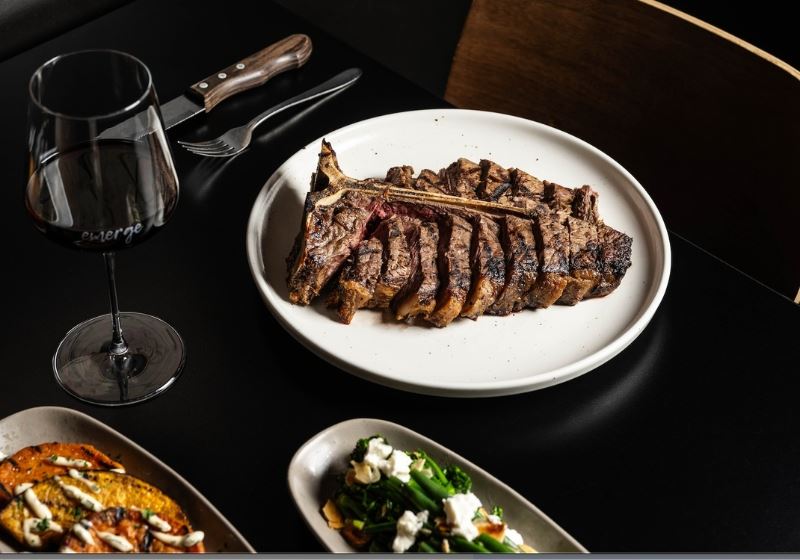By Marie-Antoinette Issa.
From sauces to spices, experimenting with the essential ingredients in Chinese cuisine can help you create the fabulous flavours of one of the world’s most creative culinary country’s closer to home.
Sugar and spice and all things nice … that’s what the best Asian dishes are made of!
With a culinary philosophy that focuses on creating meals that perfectly balance the sweet, savoury and salty, Chinese foods are particularly packed with powerful flavours. Taking into account the country’s regional diversity (although noting that Cantonese is the most widespread and popular of China’s ‘eight great’ regional cuisines) and a rich history, here are six of the most essential ingredients in Chinese cuisine:
Soy sauce:
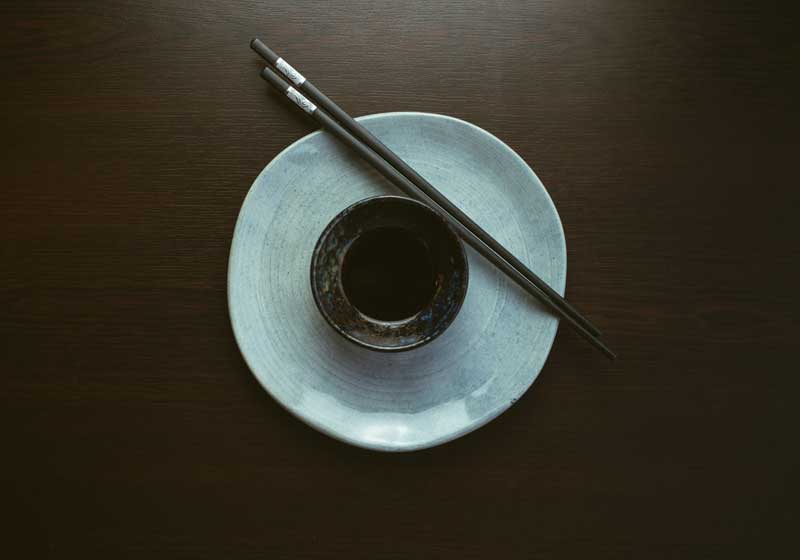
Leading the list of essential ingredients in Chinese cuisine, soy sauce is a quintessential condiment when it comes to adding depth and umami to a multitude of dishes. Made from fermented soybeans, wheat, salt and water, soy sauce serves as a versatile seasoning and a fundamental element in marinades, stir-fries, and dipping sauces. The two main varieties, light and dark soy sauce, contribute distinct flavours, with the former offering a saltier taste and the latter providing a richer, more robust essence.
Ginger and garlic:
The dynamic duo of ginger and garlic forms the aromatic foundation of Chinese cuisine. Used either separately or together, these ingredients infuse dishes with a fragrant and pungent essence. Ginger adds a zesty kick, while garlic contributes a savoury undertone. Whether finely minced, sliced, or crushed, these aromatic gems are omnipresent in stir-fries, soups and sauces, imparting a signature Chinese touch to the culinary landscape.
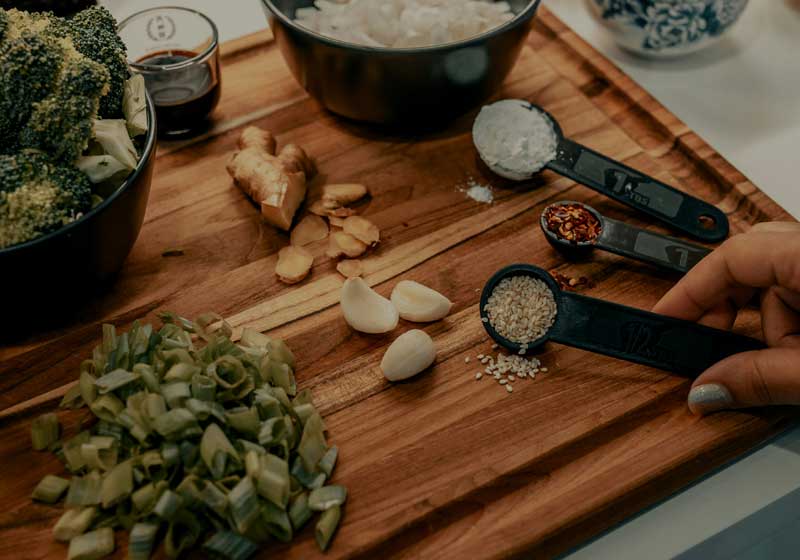
Five-spice powder:
Just like the number of members of the infamous girl pop group, the best of spice comes in groups of five. With proof on offer in the power-packed ingredient that is Chinese five-spice powder. A cornerstone of Asian culinary artistry, this blend comprises star anise, cloves, Chinese cinnamon, Sichuan pepper and fennel seeds. To create an aromatic powder that adds warmth, sweetness, and complexity to a variety of dishes. It is a staple in braised meats, roasted poultry and even desserts, creating a harmonious balance that defines the essence of Chinese flavour.
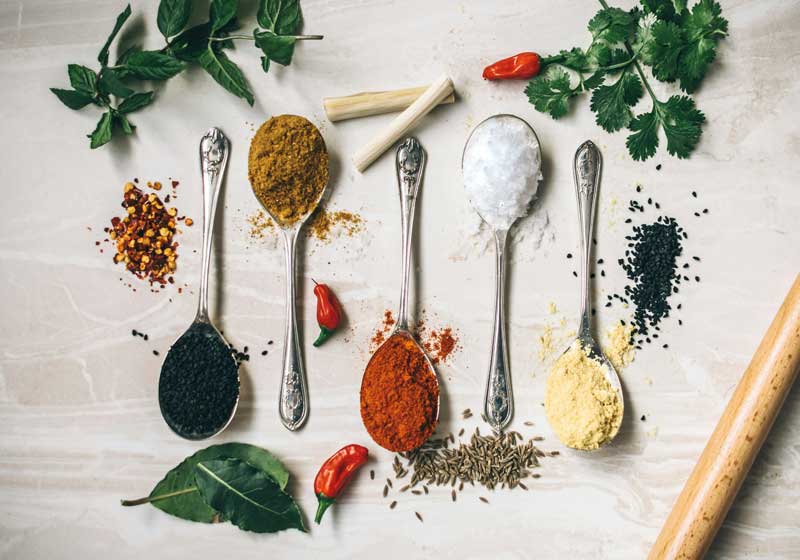
Oyster sauce:
Originating from the southern coastal regions of China, oyster sauce brings a unique savoury-sweet dimension to Chinese dishes. Made from oyster extracts, soy sauce and other seasonings, this luscious condiment enhances the richness of stir-fries and glazes, providing a glossy finish to the dish. Its umami-packed profile elevates the overall taste, making it a beloved component in Cantonese and Hong Kong cuisine.
Rice vinegar:
A fundamental ingredient in Chinese cuisine, rice vinegar imparts a gentle acidity that brightens flavours and balances richness. With a milder taste compared to other vinegar varieties, it is a crucial component in marinades, dressings and dipping sauces. Whether black or white, rice vinegar adds a delicate touch to dishes, highlighting the nuances of regional Chinese cooking styles.
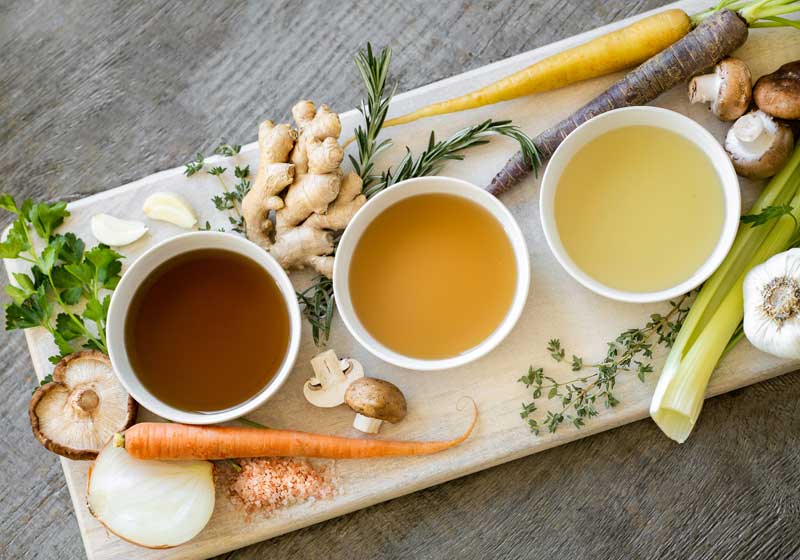
Sesame oil:
Finally, the distinctive nutty aroma of sesame oil is a hallmark of Chinese cuisine, providing a finishing touch to countless dishes. Used sparingly for its potent flavour, this aromatic oil elevates the taste of stir-fries, noodles and salads. Its presence not only enhances the overall taste profile of a dish, but also imparts a delightful fragrance that lingers, creating a sensory experience unique to Chinese cooking.



